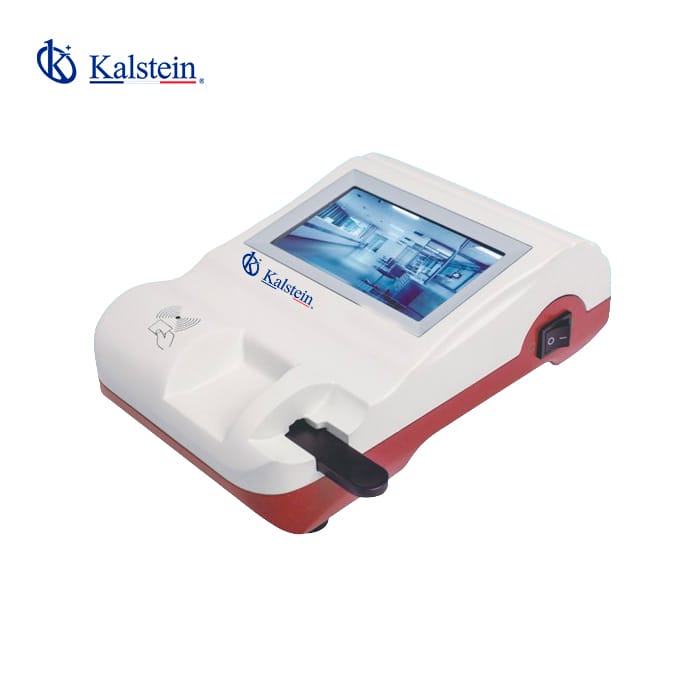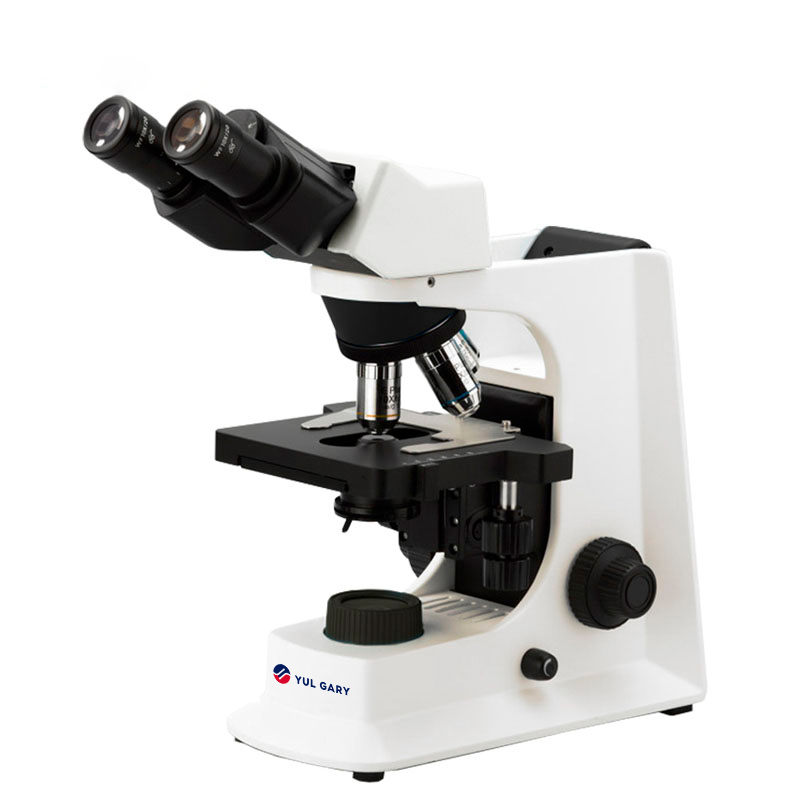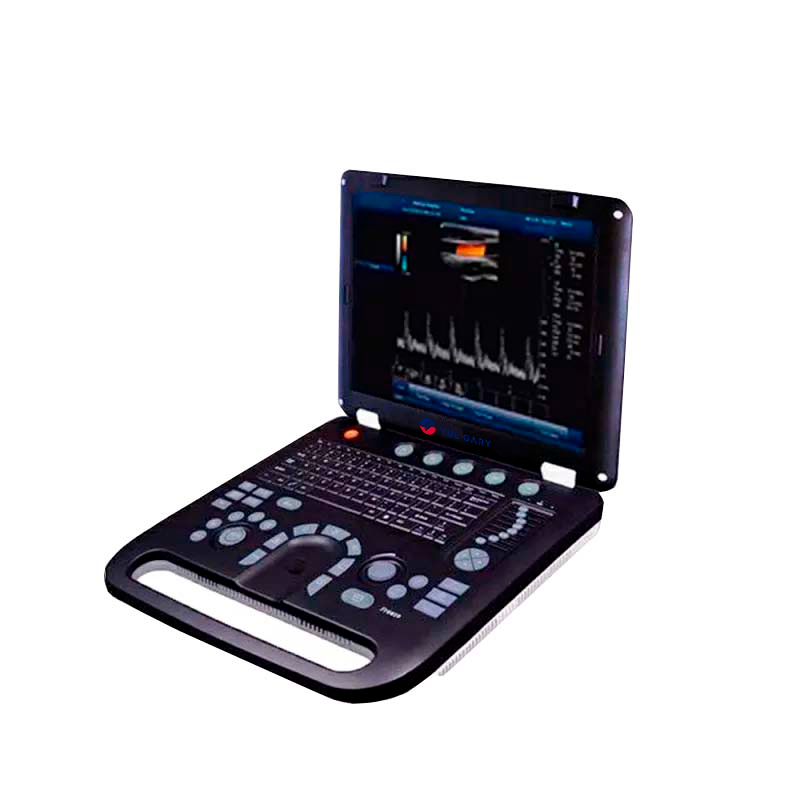In the world of clinical diagnostics, having accurate and reliable equipment is crucial. One of the most important instruments in this area is the analyzer. As a professional who has closely worked with these devices, I can say that their relevance in laboratories is undeniable. Analyzers are the backbone of many diagnostic tests, allowing for quick and precise results that are vital for medical diagnosis.
Analyzer
An analyzer is an automated device used in clinical laboratories to measure and analyze specific components in biological samples, such as blood, urine, or tissues. These devices have revolutionized the way healthcare professionals perform diagnostic tests, as they allow multiple tests to be performed simultaneously with a high degree of precision and speed. Analyzers have become indispensable tools in any modern laboratory.
Analyzer, Kalstein Brand
When we talk about a Kalstein brand analyzer, we refer to a device that combines advanced technology with an ergonomic and user-friendly design. Kalstein is known for offering innovative and affordable solutions, and their analyzers are no exception. I have had the opportunity to test several models of this brand and can affirm that they meet the expectations of the most demanding professionals.
Kalstein analyzers stand out for their precision, efficiency, and durability. Additionally, they have advanced features that facilitate daily work in the laboratory. From the intuitive interface to the ability to process multiple samples, these devices are designed to optimize workflow and reduce human error. If you are looking for a reliable and high-quality analyzer, Kalstein is an option worth considering.
Features of Analyzers
Modern analyzers, such as those offered by Kalstein, come equipped with a range of features that make them indispensable in any clinical setting. The most notable features include:
- Complete Automation: Current analyzers can automatically process samples from preparation to result generation.
- High Precision: Thanks to advanced technology, these devices offer extremely precise results, which is essential in clinical diagnostics.
- Intuitive Interface: Ease of use is key, and modern analyzers have user-friendly interfaces that simplify operation.
- Multiparametric Capability: Many analyzers can perform multiple tests simultaneously, increasing laboratory efficiency.
- Connectivity: Integration with laboratory management systems allows for quick and secure data transfer.
- Low Maintenance: Designed to last, analyzers require minimal maintenance, reducing long-term operating costs.
These features make analyzers essential tools for obtaining accurate and quick diagnostics, something crucial in any clinical laboratory.
Why Do These Analyzers Have This Price?
When evaluating the cost of an analyzer, it is important to consider several factors that influence its price. The advanced technology used in these devices, the automation capability, and the precision they offer are just a few of the elements that justify their value.
- Technology: Analyzers incorporate state-of-the-art technology, ensuring precise and reliable results.
- Construction Materials: The high-quality materials used in their manufacture guarantee durability and resistance to constant use.
- Automation: The ability to process large volumes of samples without manual intervention significantly reduces labor time and, therefore, operating costs.
- Service and Support: The availability of technical support and after-sales service also influences the price, ensuring the equipment operates optimally throughout its useful life.
While the price of an analyzer may seem high at first glance, it is an investment that justifies itself in the long run due to the benefits it offers in terms of precision, efficiency, and durability.
Compare Analyzers with Similar Products
Comparing a Kalstein brand analyzer with other similar products on the market reveals significant differences in terms of quality, precision, and cost. While some competitors offer analyzers at lower prices, it is crucial to assess what is being sacrificed in terms of quality and functionality.
- Kalstein vs. Competitors: Kalstein analyzers are known for their superior durability and precision, features not always found in lower-priced models.
- Functionality: Kalstein models usually offer a greater number of simultaneous tests and a more intuitive user interface.
- Technical Support: Kalstein’s after-sales service is recognized for its efficiency, ensuring that any problem is quickly resolved.
When comparing, it is clear that Kalstein analyzers offer an ideal balance between price and quality, making them a preferred option for many laboratories.
Pros and Cons of Analyzers
| Pros | Cons |
| High precision in results | High initial price |
| Complete automation reduces processing time | Requires initial training for optimal use |
| Intuitive and easy-to-use interface | Specialized maintenance |
| Ability to perform multiple tests simultaneously | Can be costly in smaller laboratories |
| High durability materials | Some advanced features may not be necessary for all laboratories |
| Connectivity with laboratory management systems | Limited availability in some regions |
| Low long-term maintenance costs | Requires significant initial investment |
| High-quality technical support and after-sales service | – |
As can be seen, the benefits far outweigh the drawbacks, making these analyzers a smart investment for any laboratory that values precision and efficiency.
Advantages of These Analyzers
Kalstein analyzers stand out for several advantages that position them as one of the best options on the market:
- Operational Efficiency: Thanks to their high automation capability, these analyzers allow large volumes of samples to be processed in minimal time, optimizing laboratory resources.
- Precision: The cutting-edge technology used in Kalstein analyzers ensures extremely precise results, reducing the margin of error.
- Durability: Built with high-quality materials, Kalstein analyzers are designed to withstand intensive use and last for many years.
- User-Friendly Interface: Their ergonomic and intuitive design makes them easy to use, even for operators with little experience.
- Simple Maintenance: Despite their complexity, the analyzers require minimal maintenance, reducing operating costs.
- Connectivity: Integration with laboratory information systems allows for more efficient data management.
These advantages make Kalstein analyzers a solid choice for any laboratory looking to improve its efficiency and precision in clinical diagnostics.
Other Benefits of Analyzers
In addition to the advantages already mentioned, Kalstein analyzers offer other benefits that make them even more attractive:
- Scalability: They are ideal for laboratories of all sizes, as their modular design allows their capabilities to be expanded as needed.
- Error Reduction: Automation significantly reduces the risk of human errors, improving the reliability of results.
- Versatility: Analyzers can be adapted to a wide range of tests, from routine analyses to specialized tests.
- Time Savings: The ability to perform multiple tests simultaneously not only speeds up the process but also frees up staff for other critical tasks.
These additional benefits reinforce the value proposition of analyzers, making them indispensable in a modern laboratory environment.
Learn About Opinions on Analyzers
The opinions of other users and experts are a good indicator of the quality and effectiveness of Kalstein analyzers. In general, reviews highlight the precision, ease of use, and durability of these devices. Many professionals agree that Kalstein analyzers offer excellent value for money and have become an essential tool in their daily practice.
The positive experiences of other users reinforce my conviction that these analyzers are a smart investment for any laboratory. If you are considering upgrading or acquiring a new analyzer, Kalstein should be at the top of your list of options.
Frequently Asked Questions
What is the average lifespan of a Kalstein analyzer?
Kalstein analyzers are designed to last many years, thanks to the quality of their materials and robust construction.
What type of maintenance do these analyzers require?
Although they are low maintenance, periodic reviews are recommended to ensure optimal performance.
Are Kalstein analyzers compatible with other laboratory management systems?
Yes, Kalstein analyzers are designed to easily integrate with most laboratory information systems.
What types of tests can be performed with these analyzers?
Kalstein analyzers are versatile and can perform a wide range of diagnostic tests, from basic analyses to more specialized tests.
What sets Kalstein analyzers apart from other brands?
The combination of precision, durability, and superior technical support sets Kalstein analyzers apart from the competition.
Where can I purchase a Kalstein analyzer?
You can purchase Kalstein analyzers directly through their official website or through authorized distributors.
Conclusions About These Analyzers
In summary, Kalstein analyzers represent a reliable and efficient option for any clinical laboratory. Their precision, durability, and ease of use make them a valuable investment. If you are looking to improve the quality and efficiency of your laboratory, a Kalstein analyzer is undoubtedly an excellent choice.
We understand that you need equipment that provides maximum value to your laboratory. We invite you to visit https://yulgary.no/, to immerse yourself in our universe of cutting-edge technology equipment. Our prices are competitive and affordable, combining the convenience of online shopping with the guarantee of an exceptional product. Because you deserve the best, we create and offer high-end laboratory equipment. Make your choice today, where science comes to life. https://yulgary.no/category-product/laboratory-line/analyzers-laboratory-line/




